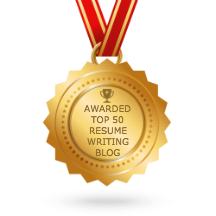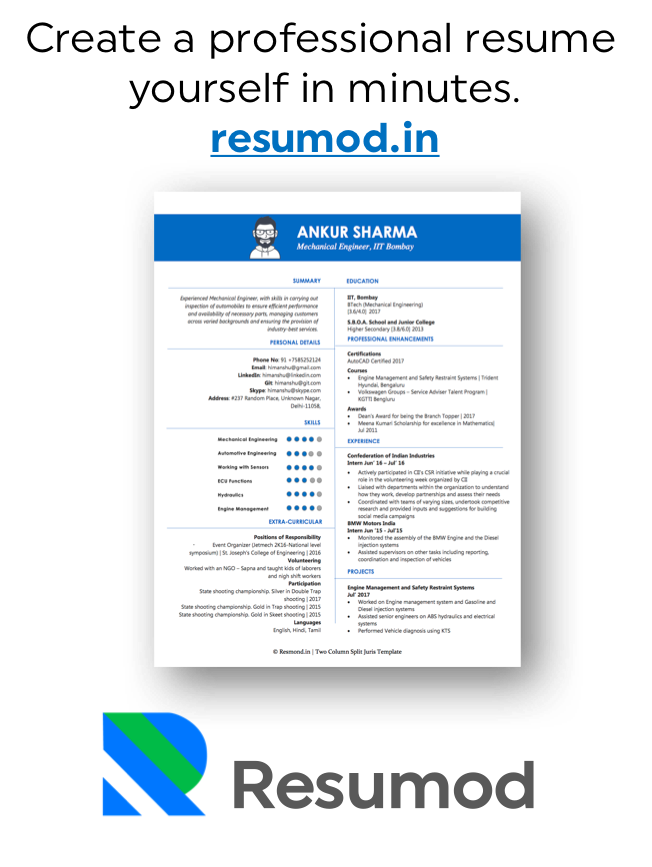Imagine this: you’ve just come across your dream job listing. The role fits your passion and skills perfectly, but there’s one problem—it requires a degree, and you don’t have one. You feel a pang of doubt. How could you possibly compete with others who have formal education?
Here’s the good news: a degree is not the only path to a strong resume. Many successful professionals have built thriving careers without formal education. The key lies in leveraging your strengths, showcasing your skills, and crafting a compelling story. For instance, in India, people like Dhirubhai Ambani, the founder of Reliance Industries, built an empire without formal education. Another example is Radhakishan Damani, a stock market investor and founder of DMart, who didn’t complete his higher education but rose to prominence through his business acumen. These individuals demonstrate that with determination and strategic efforts, success is well within reach. Let’s dive into how you can do this step-by-step.
Highlight Transferable Skills with Real-Life Examples
Think about your life experiences—whether it’s a job, volunteering, or even managing a family. Each of these experiences has likely taught you valuable skills like problem-solving, communication, leadership, or organization.
Take Sameer, for example. Sameer never went to college but worked at a local coffee shop for five years. While it may seem like just a barista job, Sameer developed exceptional customer service, time management, and conflict resolution skills. By emphasizing these transferable skills on his resume, Sam landed a corporate customer support role.
Pro Tip: Use bullet points to describe specific accomplishments. Instead of saying, “Worked as a barista,” say, “Managed daily operations, handled high-pressure situations, and increased customer satisfaction scores by 15% over a year.”
Leverage Online Learning and Certifications
In today’s digital world, formal education has competition—online courses and certifications. Platforms like Coursera, Udemy, and LinkedIn Learning offer affordable, often free, courses on countless topics.
Take Sarah, a high school graduate who aspired to work in digital marketing. She completed certifications in Google Ads, social media management, and content writing. By listing these on her resume, Sarah demonstrated her commitment to learning and landed a marketing assistant role.
Pro Tip: Include a “Certifications and Skills” section in your resume. Highlight the tools and technologies you’re proficient in, as they often matter more than a degree.
Showcase Freelance or Personal Projects
You don’t need formal education to start doing the work you’re passionate about. Freelance projects, internships, or even personal initiatives can be just as impressive as formal experience.
Consider Javed, who wanted to break into graphic design but didn’t have a degree. He started designing posters and logos for small businesses in his neighborhood. By creating a portfolio showcasing these projects, Javed secured a full-time graphic designer position.
Pro Tip: Add a “Projects” or “Portfolio” link to your resume, where employers can view your work directly. Even a small but diverse portfolio speaks volumes about your skills.
Emphasise Soft Skills with Testimonials
Soft skills—like adaptability, teamwork, and leadership—are often just as critical as technical skills. But how do you prove you have them without formal education?
One way is through testimonials. If you’ve worked in any capacity, ask your previous employers, colleagues, or clients for feedback. Their words can validate your abilities.
For instance, Priya worked as a nanny for three years. While this job might not seem relevant to her goal of becoming an office manager, her former employer wrote her a glowing reference letter highlighting her organization, problem-solving, and multitasking skills. Priya included excerpts from this letter in her resume and soon landed an administrative role.
Pro Tip: Add a “Testimonials” or “References” section if you have strong endorsements from past collaborators.
Tailor Your Resume for Each Job
One common mistake is sending the same resume to every employer. A tailored resume increases your chances of standing out.
Start by studying the job description. What are the key skills and experiences they’re looking for? Then, match your resume to highlight those qualifications.
For example, if a job requires “excellent written communication skills,” and you’ve written blogs, emails, or reports in the past, include that. If the job values “teamwork,” mention instances where you worked collaboratively to achieve a goal.
Pro Tip: Use keywords from the job description to pass Applicant Tracking Systems (ATS) that many companies use to filter resumes.
Include a Compelling Summary
The top section of your resume, often called the “Professional Summary,” is your chance to hook the employer.
Think of it as your elevator pitch. Use this space to summarize who you are, your unique skills, and what you bring to the table.
For instance, instead of writing, “Looking for a job in customer service,” say, “Dedicated customer service professional with 5+ years of experience delivering exceptional client experiences. Proven track record of increasing satisfaction scores by 20%.”
Pro Tip: Keep this section short and impactful—2–3 sentences are enough.
Volunteer Experience Speaks Volumes
Volunteer work can fill gaps in your resume and showcase your commitment to causes. It also highlights skills like leadership, planning, and empathy.
Let’s look at Aliya, who volunteered at a local NGO while searching for full-time work. She organized community events, managed budgets, and coordinated with teams. These experiences became valuable additions to her resume and helped her land a project coordinator role.
Pro Tip: Treat volunteer experience like formal job experience. Use action verbs and quantify your impact whenever possible.
Make Your Resume Visually Appealing
Your resume’s design matters as much as its content. A cluttered, difficult-to-read resume can deter employers.
Use a clean layout with clear headings, bullet points, and consistent formatting. Tools like Canva or Microsoft Word offer easy-to-use templates that can elevate your resume’s appearance.
Pro Tip: Stick to one or two fonts, use professional colours, and ensure there’s enough white space to make the resume easy to read.
Final Thoughts
Building a strong resume without formal education isn’t just possible—it’s an opportunity to showcase your grit, creativity, and resourcefulness. By focusing on your skills, experiences, and accomplishments, you can tell a story that resonates with employers and sets you apart.
Remember, a resume isn’t just a list of qualifications; it’s your story, your journey, and your potential. Start building yours today – because your dream job is waiting, and you don’t need a degree to achieve it.


![Master Your Self Introduction: Tips for Senior Leadership Interviews [2025 Guide]](https://www.getsetresumes.com/blog/wp-content/uploads/2025/10/business-consultant-working-with-client-1140x660.jpg)

